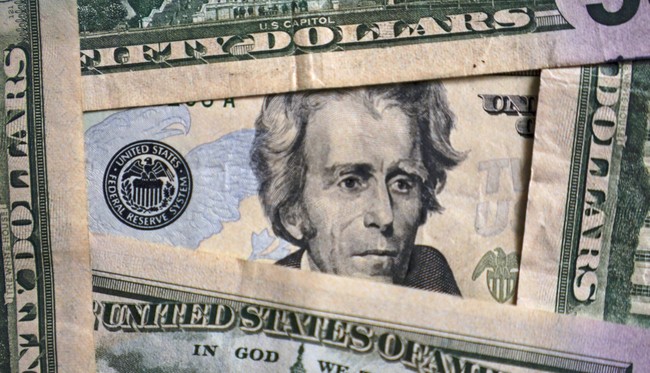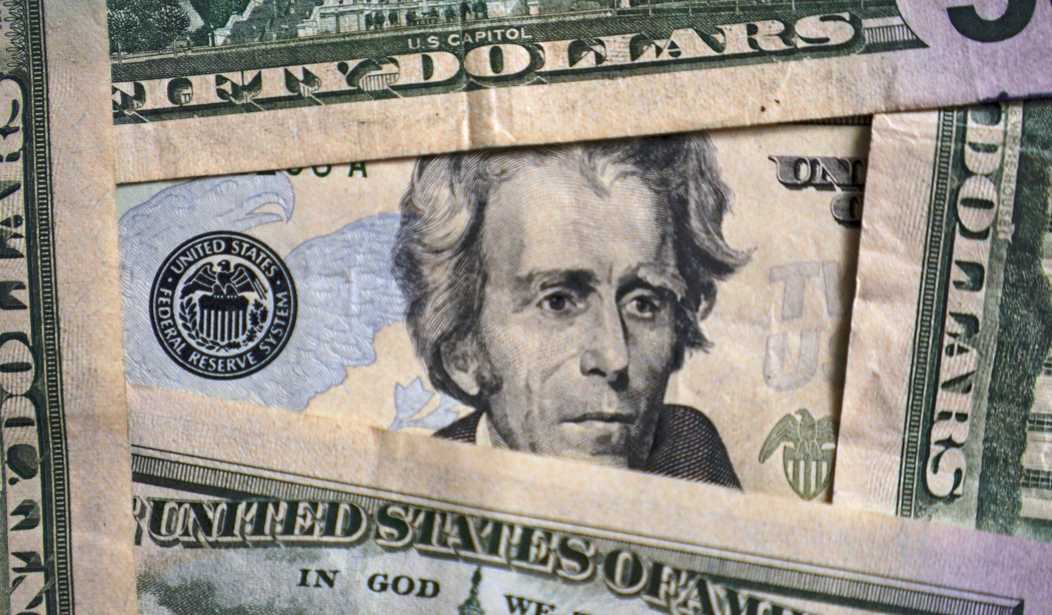Prices are still high and apparently will stay that way.
We have a special place in our hearts for Las Vegas. My parents retired there, and we made around 15 visits during their final years, so they could enjoy their grandchildren. For us, it was a second home, and we still enjoy every opportunity to return to Vegas and the great Southwest of the United States.
Most people who come to Vegas come for other reasons. Forty-two million visitors come annually, and they come for the gambling, high-end restaurants, and shows. There are endless possibilities of activities to keep a person busy day and night. Many have noted that Las Vegas is seeing a noticeable drop in tourism. Streets that should be packed look empty. People offer different explanations: the Canadians aren’t coming, things aren’t as bad as they look, it’s not exactly peak season, etc. Maybe it’s all true.
One point with Vegas is that for normal people, it is a destination when they have money to spend. Ignoring those who can’t control their gambling habits, we can assume that people come to Vegas when they have some spare money to drop on a Michelin-starred restaurant or a world-class Cirque du Soleil show. If one is just getting by or is in debt, Las Vegas may be appealing, but may simply be irrelevant. Las Vegas, to me, has been the bellwether of whether people have disposable cash to spend beyond their needs and obligations.
And while under President Trump, gas and egg prices have come down, many goods are still very expensive. Sure, inflation is lower, but it is simply tacked onto whatever the crazy inflation rates were under Joe Biden. That $7 steak pre-COVID went up to $17 when Biden left office. Now it’s $17.89. Airfare prices are still very high, as are those for houses, to the point that new subdivisions in Vegas advertise rental only. It is assumed that people will not have enough money to buy a house, so they should just get used to renting from BlackRock or similar investment firms that are buying up land and single-family homes. Owning one’s own home has historically been one of the signs of American success. Will that still be the case, or something we look back on lovingly like our deceased grandparents?
The day after Donald Trump won reelection, I sat with a banker and asked him when things would get cheaper. He said that they won’t. General deflation is a bad economic indicator, something we last saw when COVID-19 essentially wiped out the world economy. And while greenies were crowing about how wonderful the world was with so little economic activity, most saw the lack of production and trade as a bad sign, which it was. Sure, I enjoyed paying half price for gasoline, but ultimately, the depressed prices meant that the world was not working properly. The boomerang of the world coming out of Covid, without enough production of goods or the means for their delivery, started inflation. Out-of-control printing of money helped to keep it going. My banker friend said that the goal would be higher wages so that, by percentage, the more expensive goods would feel cheaper. I saw that the Trump administration recently touted take-home income going up over $1,000 per family, stressing that people are making more and thus expensive goods should ideally feel cheaper. Prices could ostensibly come down with new methods of production or cheaper sources of raw materials. Cheaper energy should translate into lower-priced goods.
Amazingly, people have an innate feeling for how much things should cost. From basic food items to international flights, we have an idea of what we should be paying and whether we are getting a great deal or are being ripped off. Going shopping in the past few years has involved seeing smaller goods and generally higher prices. One oftentimes puts something back because the price is not only dissimilar to what it once was but is, by all reasonable standards, over the top. My concern with the Vegas downturn—which could be short and nothing more than a hiccup—is that people are scraping by today. With the high cost of almost everything, Americans do not currently have the extra hundreds or thousands of dollars for a quick trip to the casino and a show. Hotels, casinos, restaurants, shows—they all cost money. Going to Vegas and doing nothing is a waste of time. Either one comes to drop a nice chunk of money, or he takes the family to the beach. I am concerned that the lack of visitors and the new rental-only subdivisions are giving an inkling of the immediate future. In Europe, authorities have even gone so far as to state that they want to make air travel prohibitive so that fewer people travel and less carbon dioxide is generated. How do you say dumb in French and German?
There is no question that President Trump has made bold moves to strengthen the US economy. From higher tariffs for goods brought into the US to jawboning countries and companies to invest trillions at home, the president has worked hard to make America economically more successful. The markets are at historical highs, and it would appear that the Fed will finally lower interest rates. So the efforts are in place for a roaring economy. But can we have strong markets, increasing wages, and somewhat decreasing prices for goods? Will the $17 steak (and I am using a real example from the kosher department of a Vegas branch of Kroger) ever go down, even just a bit? That I am supposed to be making more and have a healthier portfolio will simply make the pain of much more expensive basic goods more acceptable?
It’s hard to overstate the destruction wrought by the COVID disaster. The virus that led to millions of deaths worldwide and the halting of normal life for a few years was engineered by Tony Fauci and his colleagues, including the Chinese. I still assume that the release was not intentional. Just as the Russians had massive problems with their first submarine nuclear reactors, the Chinese are out of the league when dealing with such potentially dangerous pathogens. The world as we knew it ended. What has come out of it has been increased governmental censorship, very high inflation when the world got back on its feet, and a lot of things that were no longer there. Stores, people, opportunities we took for granted—many of them died or disappeared with Covid and have never come back. Those on the globalist scene loved COVID as it afforded them the opportunity for greater control of our lives, as well as the injection of a highly questionable set of chemicals into our bodies. The new FDA director said it best when he correctly noted that we do not know how much protein the mRNA vaccines produced, where they produced them, and if all of the copies of the spike protein were complete or defective. We will never know the full level of destruction created by those who invented the engineered virus or gave us defective drugs to supposedly deal with it.
The US economy is poised for success and growth. Maybe just as there is no longer 5 5-cent Coke that my mother told me she had in NY in her youth, the day of a $7 ribeye steak is also history. If people across the board make more money, then the pain of baked-in higher prices will be less. Still, one remembers how it was and wonders if it will ever get back to the way it once was.





